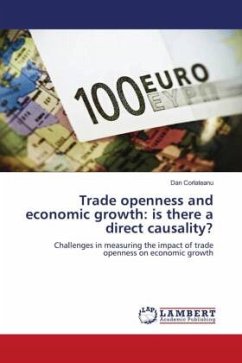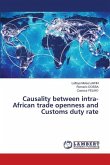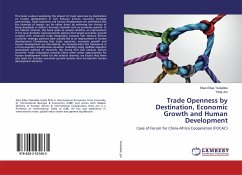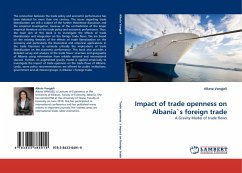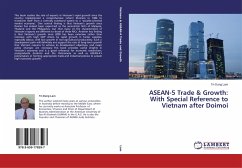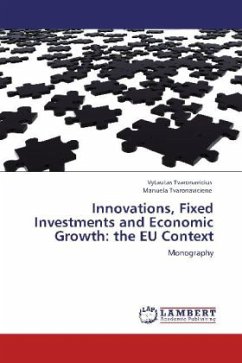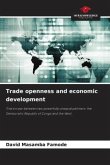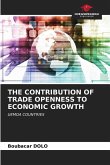The idea that free trade is a desirable factor for the economy originates all the way back in the 18th century: Adam Smith (1776) predicted that countries could grow if they would all specialize according to their absolute advantage and that all will gain from free trade. David Ricardo (1817, p. 88) opposed tariffs based on the argument that they generate inefficient usage of domestic resources; in his view, countries should specialize in goods for which they have a comparative productivity advantage. Recent studies have examined the relationship between openness and growth, with mixed results; some (e.g. Edwards, 1993) argued that trade openness promotes growth, while others (Rodriguez and Rodrik,2000)have criticised this idea with a series of arguments, such as the inappropriateness of variables used for expressing trade openness. In this thesis, we will examine the arguments of both sides, followed by our own empirical analysis.
Bitte wählen Sie Ihr Anliegen aus.
Rechnungen
Retourenschein anfordern
Bestellstatus
Storno

